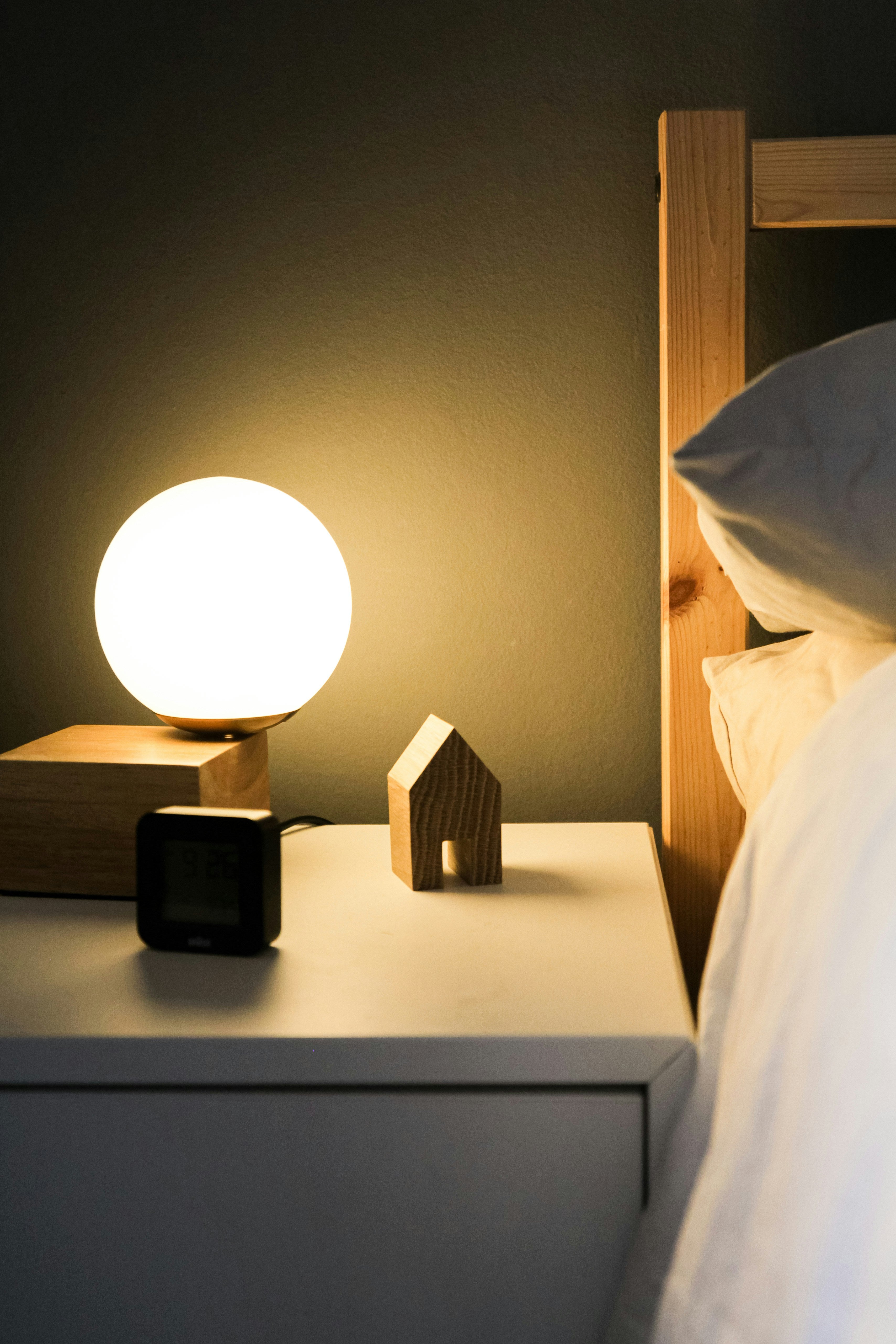In today's fast pace of life, finding peace in the moment of rest has become a challenge for many. Insomnia, that companion of endless nights, can affect anyone at some point in their life. Whether driven by stress, anxiety, or simply poor sleeping habits, insomnia can become a barrier to enjoying restful and revitalizing nights.
This article delves into the world of sleep, exploring practical strategies to combat insomnia and regain those long-awaited hours of rest. We'll discover how establishing regular habits, creating a sleep-friendly environment, and adjusting our daily activities can make the difference between a sleepless night and a restful night's sleep.
-
Establish a Consistent Sleep Routine:
Establishing regular times for going to bed and waking up significantly contributes to improving the quality of your sleep. Your body has an internal biological clock that responds well to consistency. By going to bed and waking up at the same time every day, even on weekends, you help regulate this clock, making it easier to fall asleep and stay asleep.
Creating a pre-sleep routine can also be beneficial. Doing relaxing activities, like reading a book or taking a hot bath, about 30 minutes before bed signals to your body that it's time to prepare to rest.
-
Create a Conducive Environment for Sleep:
The quality of the environment you sleep in can have a significant impact on your ability to fall asleep. Make sure your bedroom is a quiet, dark and cool space. Control lighting by using blackout curtains or an eye mask to block light, which helps regulate the production of melatonin, the sleep hormone.
The choice of mattress and pillows is also essential. A mattress that suits your preferred position and desired level of firmness can make all the difference. The right pillows, which maintain the alignment of your spine, contribute to a more comfortable and restful sleep.
-
Limit Stimulation before Sleep:
Avoiding stimulation before bed is crucial to preparing your body for sleep. Electronic devices emit blue light, which can interfere with melatonin production. It is recommended to avoid screens from devices such as phones, tablets and computers at least an hour before bedtime.
Instead of electronic activities, consider reading a printed book or practicing relaxation techniques, such as meditation or deep breathing. These activities help calm the mind and reduce brain activity, facilitating the transition to sleep.
- Exercise Regularly: Regular exercise can be a powerful tool in the fight against insomnia. However, it is important to schedule exercise sessions appropriately. Engaging in regular physical activity, preferably in the morning or afternoon, can contribute to deeper sleep at night. Avoid intense exercise right before bed, as this can have the opposite effect and make it difficult to fall asleep. Additionally, a consistent routine sends clear signals to the body about when to activate and when to relax, making the transition to sleep easier. Find activities that you enjoy to make exercise a positive experience and beneficial for your well-being.
In the search for restful nights, these practical strategies to combat insomnia are revealed as master keys to a restful sleep. By establishing regular habits, creating supportive environments, and harnessing the power of exercise, we are armed with essential tools to transform our nights into a sanctuary of rest. However, these are indicative practices to help you sleep better with small tricks; In case of more serious insomnia problems, you should consult a health professional.
With these simple adjustments, we invite you to close your eyes with confidence, ready to enjoy a restful sleep and wake up refreshed.





Leave a comment
This site is protected by hCaptcha and the hCaptcha Privacy Policy and Terms of Service apply.